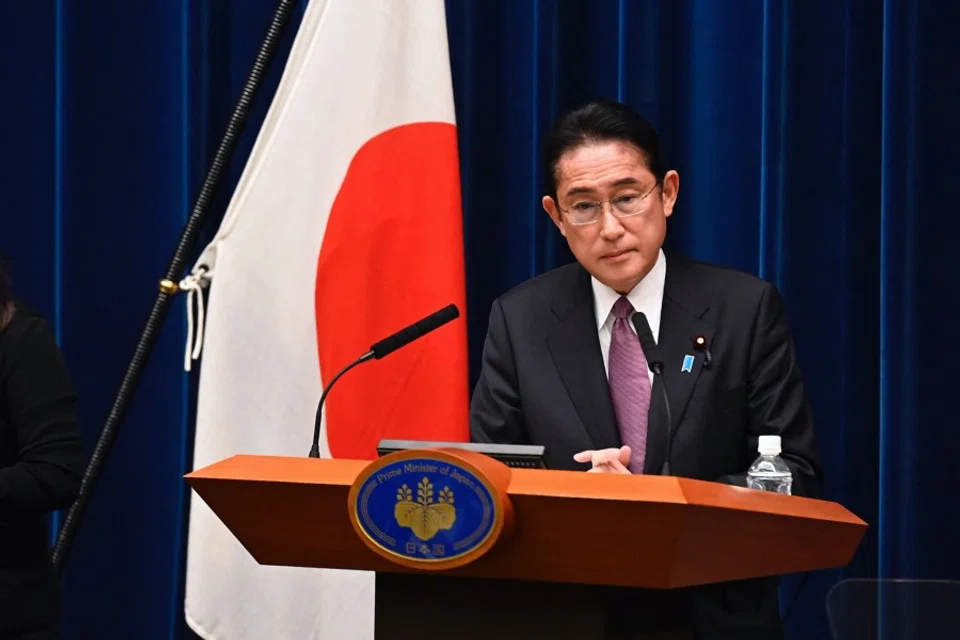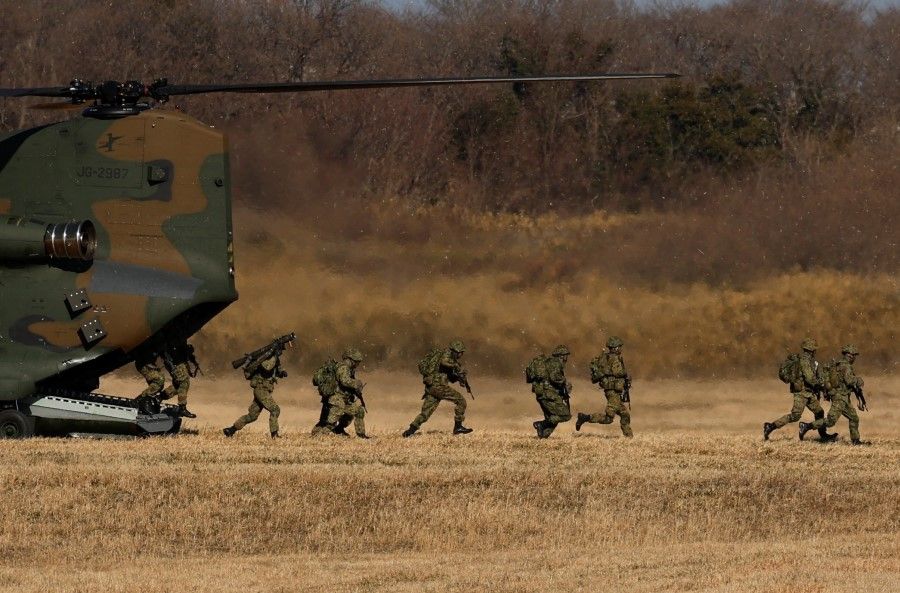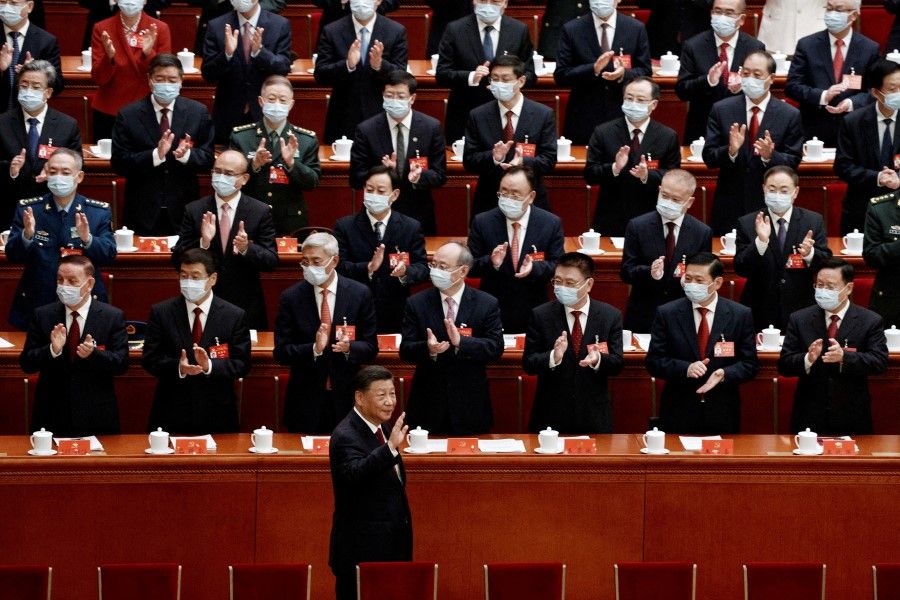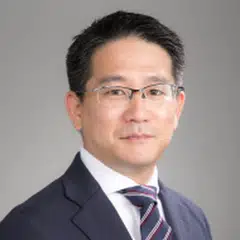Japan wary of Chinese leadership's shifting policy preferences

The international order is beset by serious challenges. Globalisation and deepening interdependence alone do not guarantee peace and prosperity for the international community. As such, Japan faces a harsh and complex security environment. Around Japan, pressure is mounting to unilaterally change the status quo by force. It goes without saying that the biggest challenge to Japan's security is China, which has increased its national power through economic success.
China's current external stance, military activities, and other activities have become a matter of serious concern for Japan
In December 2022, Japan formulated a new National Security Strategy (NSS) for the first time in nearly a decade. The new NSS contains a revised reference to China.
The old NSS, adopted in a Cabinet decision in December 2013, positively evaluated China with the line: "There is an expectation for China to share and comply with international norms, and play a more active and cooperative role for regional and global issues." It also stated that China's external stance and military activities were "of concern to the international community and Japan".
Japan has chosen a strategy toward China that seeks to maintain the international order necessary for its own peace and prosperity, based on a premise of overwhelming inferiority vis-à-vis China.
In the new NSS, China's external stance and military activities are framed as a "serious concern" for Japan and the international community; China is regarded as presenting "an unprecedented and the greatest strategic challenge" in ensuring the peace and stability of Japan and the international community, as well as in strengthening the international order.
Why this change in language in reference to China in the new NSS? Some hold that the change in the power balance between Japan and China has fuelled anxiety about China in Japanese society. However, even if Japan grows more concerned about China and increases defence spending, it is obvious that the power balance between Japan and China will not improve. Rather, the new NSS should be seen as "making a new choice". Japan has chosen a strategy toward China that seeks to maintain the international order necessary for its own peace and prosperity, based on a premise of overwhelming inferiority vis-à-vis China.

A change in policy preferences of the Chinese leadership
Japan's concern about China does not arise solely in the realm of military security. The current leadership of the Chinese Communist Party (CCP) has policy preferences that are very different compared to that of the successive leadership since the 1990s.
At the heart of this view on security is political security (政治安全 zhengzhi anquan), which means defending the one-party system.
The current leadership has displayed a keen interest in defending national security. In January 2014, the leadership decided to establish the National Security Commission of the CCP, and in April of the same year, it proposed a unique view on security with a holistic approach to national security (总体国家安全观 zongti guojia anquan guan). At the heart of this view on security is political security (政治安全 zhengzhi anquan), which means defending the one-party system.
This view on security is defined by higher priority being assigned to political security than homeland security (国土安全 guotu anquan), which means defending territory and sovereignty, and military security (军事安全 junshi anquan), which has to do with preventing external aggression. Within China, Hong Kong's "one country, two systems" is seen as a clear point of vulnerability in terms of political security. As such, Beijing's policy toward Hong Kong since 2014 has focused on protecting and advancing political security, and the international community has come to understand the reality of this holistic approach to national security from what has happened there.
The report given by President Xi Jinping at the 20th National Congress of the CCP in October 2022 was characterised by the use of terms like "national security" and the "holistic approach to national security". The report also had a chapter on the relationship between national security and social stability, which states: "National security is the bedrock of national rejuvenation, and social stability is a prerequisite for building a strong and prosperous China. We must resolutely pursue a holistic approach to national security and promote national security in all areas and stages of the work of the Party and the country, so as to ensure national security and social stability."
The current leadership, like its predecessors, recognises the importance of economic development. However, in this speech, we can also see the policy preferences of the current leadership, which deviate from the conventional line of "development is the absolute principle" (发展才是硬道理 fazhan cai shi yingdaoli).

The personnel changes of the 20th National Congress provide hints about the current leadership's policy preferences; the leaders aim to change the distribution and operation of power within the leadership, in a shift from collective to individual leadership. This change began even before the 19th National Congress.
In January 2015, at a meeting of the Politburo Standing Committee (PSC) of the CCP, PSC members gave activity reports to the general secretary of the CCP Central Committee. Subsequently, these reports have been given every January. In October 2017, the Politburo established provisions for the giving of such reports. A hierarchy was created within the Politburo, with the general secretary listening to business reports and PSC members reporting business under their jurisdiction.
Under these circumstances, the China that Japan faces now has a leadership with policy preferences very different from before.
Since the 1990s, successive leaderships have been passing on and maintaining a system of collective leadership that consists of several systems: (1) a decision-making system that emphasises consensus-building; (2) a system of dividing business under individual jurisdictions; and (3) a system of succession of power, such as the setting of retirement ages and terms of office. Collective leadership is a system that has been jointly agreed on by the Chinese political elite for the past 30 years to avoid the concentration of power in individuals, to keep checks on power and achieve stable succession of power, thereby preventing a recurrence of the political turmoil of the Mao Zedong era. The current leadership has deviated from this agreement.
Since the normalisation of diplomatic relations in 1972, Japan has built stable relations with China. There was an underlying strategy to build peace and prosperity through globalisation and deepening interdependence. A typical example of this is the official development assistance (ODA) that the Japanese government provided to China after 1979. This assistance also ended in March 2022. Under these circumstances, the China that Japan faces now has a leadership with policy preferences very different from before. This is a challenge for Japan. How should we understand China? Japanese society needs to improve its China literacy.
Related: In search of better relations with Japan? China's inscrutable Japan policy | Balancing China: Can Japan continue to be a reliable power in SEA after Abe? | US academic: Is Japan a true and loyal US ally? | Japanese academic: Why Japan needs to level up its military capabilities | Japanese academic: What Japan will do in a Taiwan emergency | How China and Japan see each other | Japan's move towards acquisition of strike capabilities could benefit Southeast Asia
